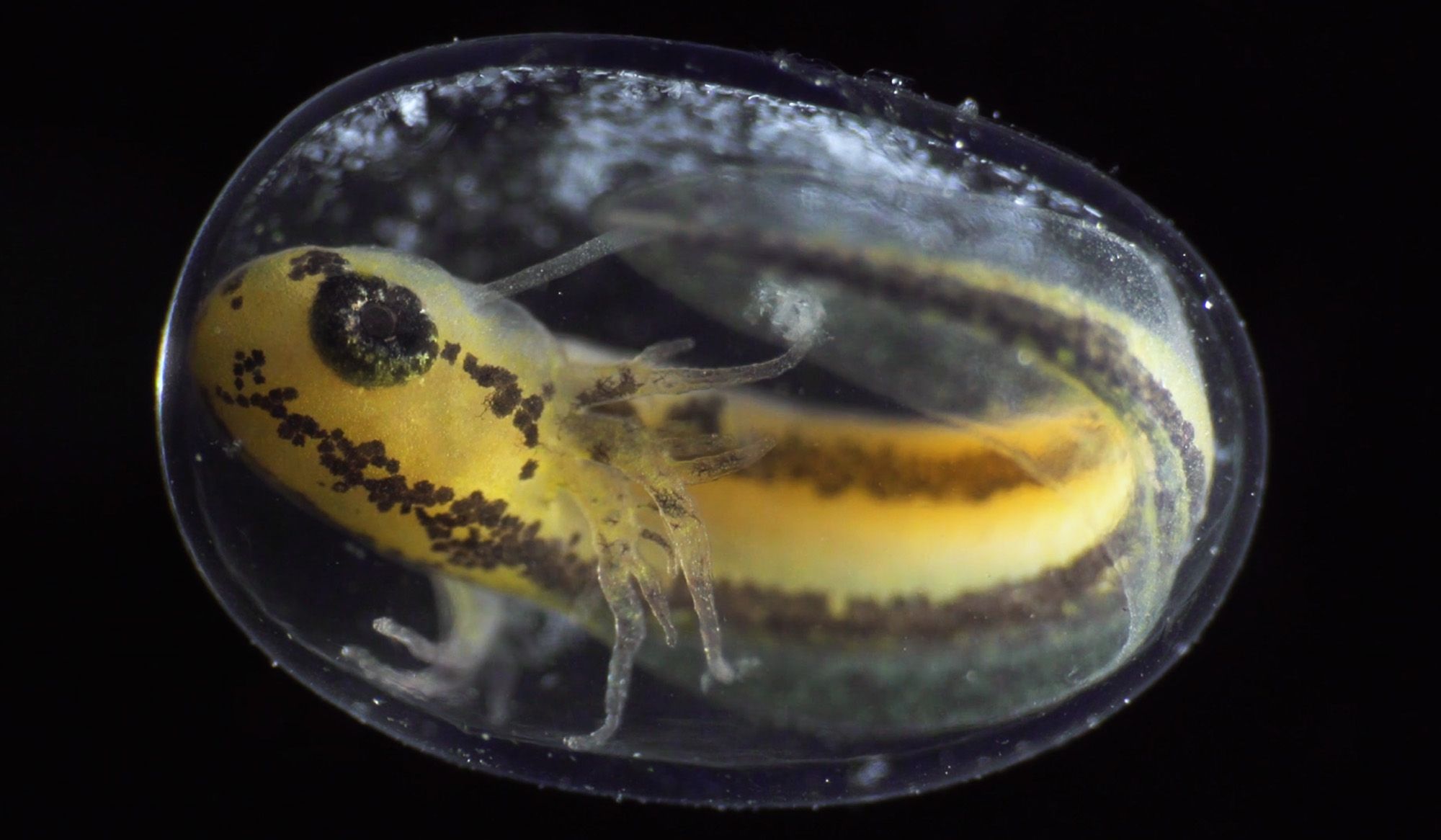
Watch a single cell a complete organism in six pulsing minutes of timelapse Aeon Videos
Klaus Stiefel From one came many. Some 700 million years ago, a single cell gave rise to the first animal, a multicellular organism that would eventually spawn the incredible complexity and diversity seen in animals today.
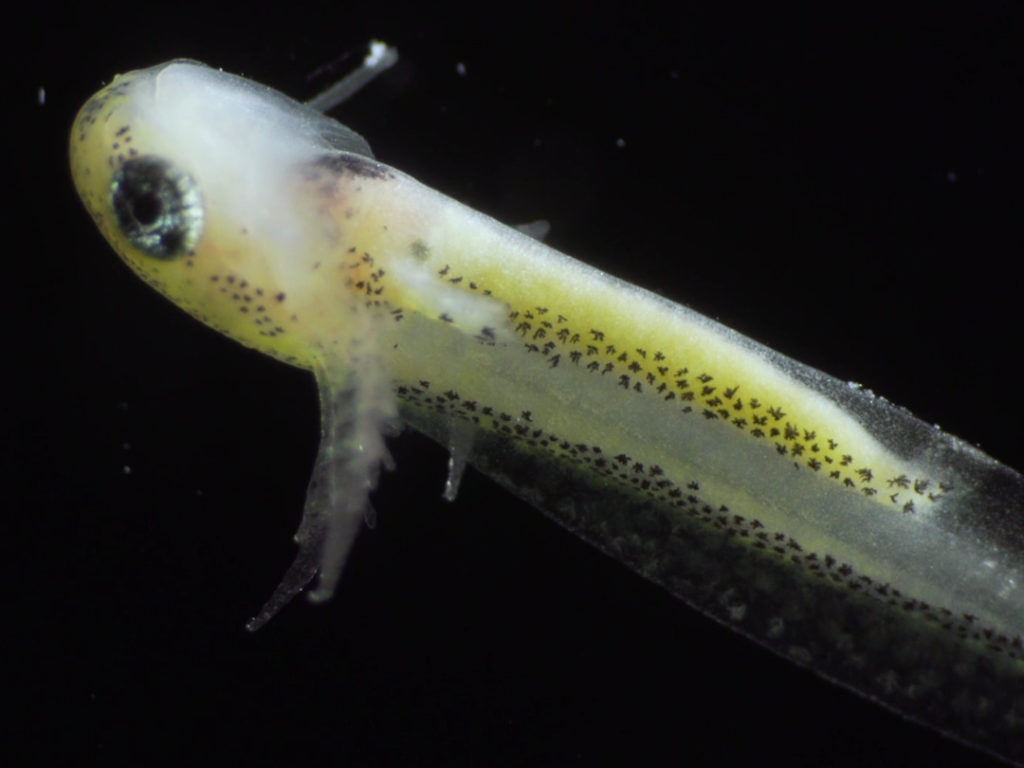
Watch a Single Cell Develop Into a Baby Animal in These Incredible Microscopic Pics Obsev
The story of evolution spans over 3 billion years and shows how microscopic single-celled organisms transformed Earth and gave rise to complex organisms like animals. By Michael Marshall. 14 July.
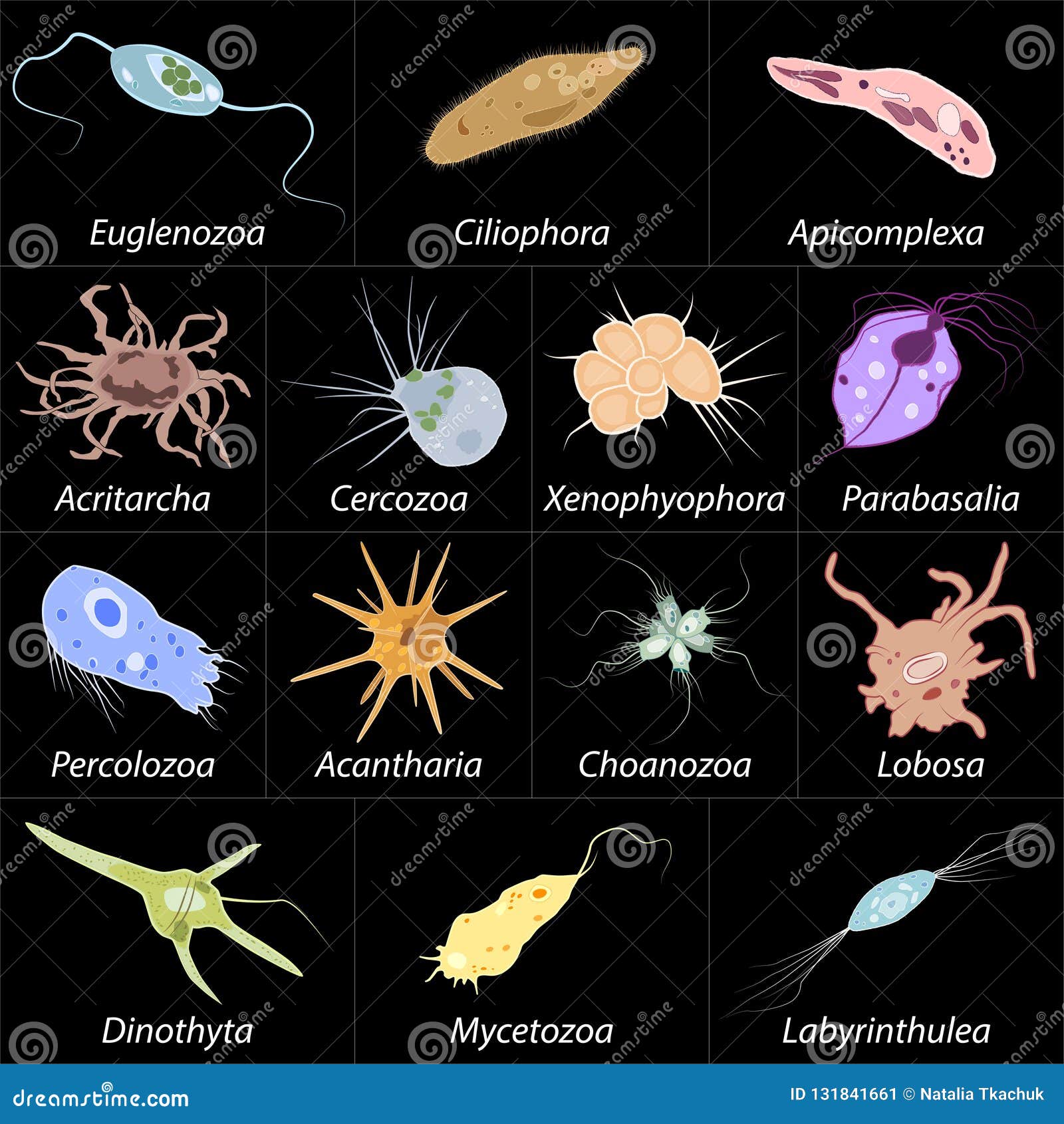
Set of Different Singlecelled Eukaryote Protozoas, Vector Illustration Stock Vector
Two types of single-celled organisms currently exist: prokaryotes and eukaryotes, those without a separately defined nucleus and those with a nucleus protected by a cellular membrane. Scientists posit that prokaryotes are the oldest form of life, first appearing about 3.8 million years, while eukaryotes showed up about 2.7 billion years ago.

List of SingleCell Organisms Sciencing
Many single-celled organisms have a structure that facilitates mobility within the cell's environment. These often take the form of flagella, thin structures that emanate from the cell wall and push into the outer environment. These flagella are the thin, wavy strands of material that microscopic images reveal on the outsides of many cells.

Protozoan. This tiny singlecelled organism is found in Microscopic photography, Micro
noun long projection from the neuronal body that conducts electrical impulses away from the neuron. cell differentiation noun development of cells into a specific type of cells. dendrite noun
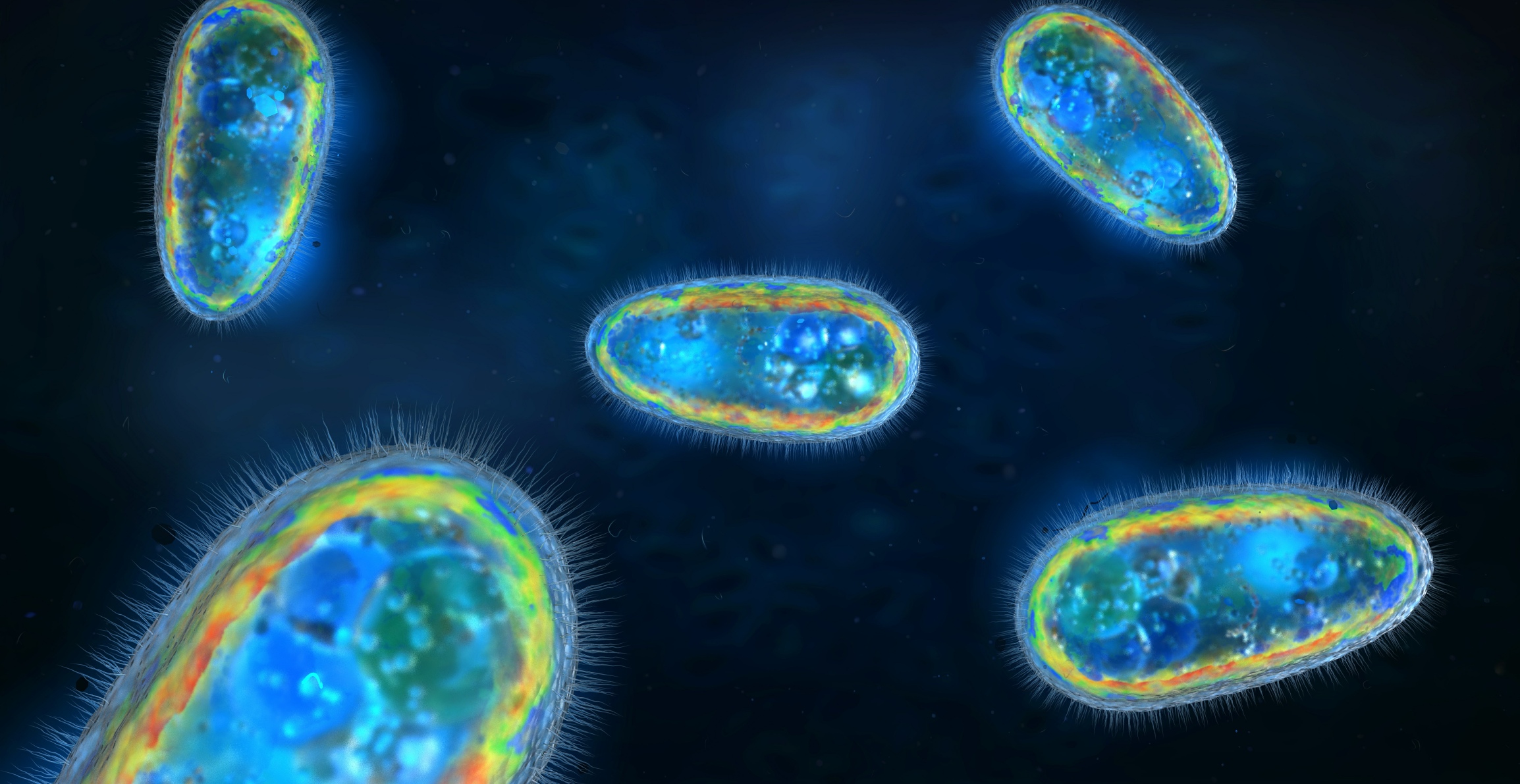
Single Cell Creatures R. E. KEARNEY
Protozoa ( SG: protozoan or protozoon; alternative plural: protozoans) are a polyphyletic group of single-celled eukaryotes, either free-living or parasitic, that feed on organic matter such as other microorganisms or organic debris. [1] [2] Historically, protozoans were regarded as "one-celled animals".
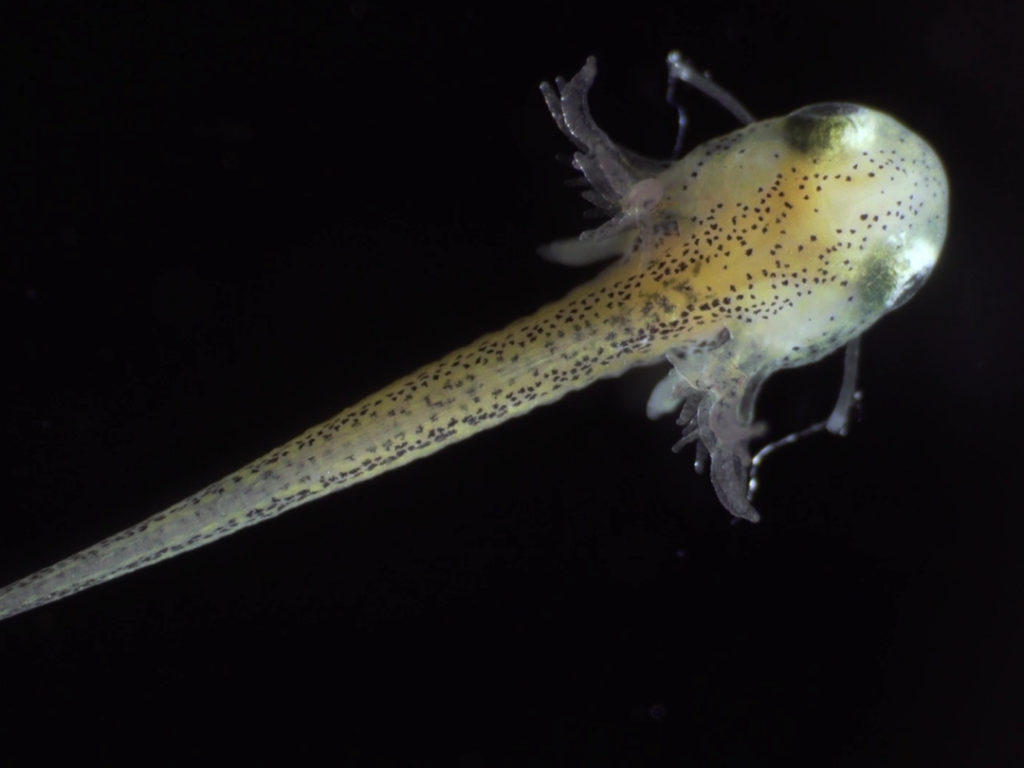
Watch a Single Cell Develop Into a Baby Animal in These Incredible Microscopic Pics Obsev
This Single-Celled Animal Makes Complex 'Decisions' Even Without a Nervous System Nature 04 December 2019 By Carly Cassella (Dexter et al., Current Biology, 2019) In 1906, zoologist Herbert Spencer Jennings reported a remarkable discovery.

Bdelloid Rotifers so common yet so weird! Singlecelled organisms, Single celled, Animals
A unicellular organism, also known as a single-celled organism, is an organism that consists of a single cell, unlike a multicellular organism that consists of multiple cells. Organisms fall into two general categories: prokaryotic organisms and eukaryotic organisms. Most prokaryotes are unicellular and are classified into bacteria and archaea.

Can Single Cells Learn? The Scientist Magazine®
It's an unusual single-celled organism in that it can contain multiple nuclei, explains Audrey Dussutour, a biologist at the University of Toulouse and the Centre National de la Recherche Scientifique (CNRS) in France whose 2017 book, Le Blob, positions P. polycephalum as a model to understand complex behaviors in "nonneural organisms."
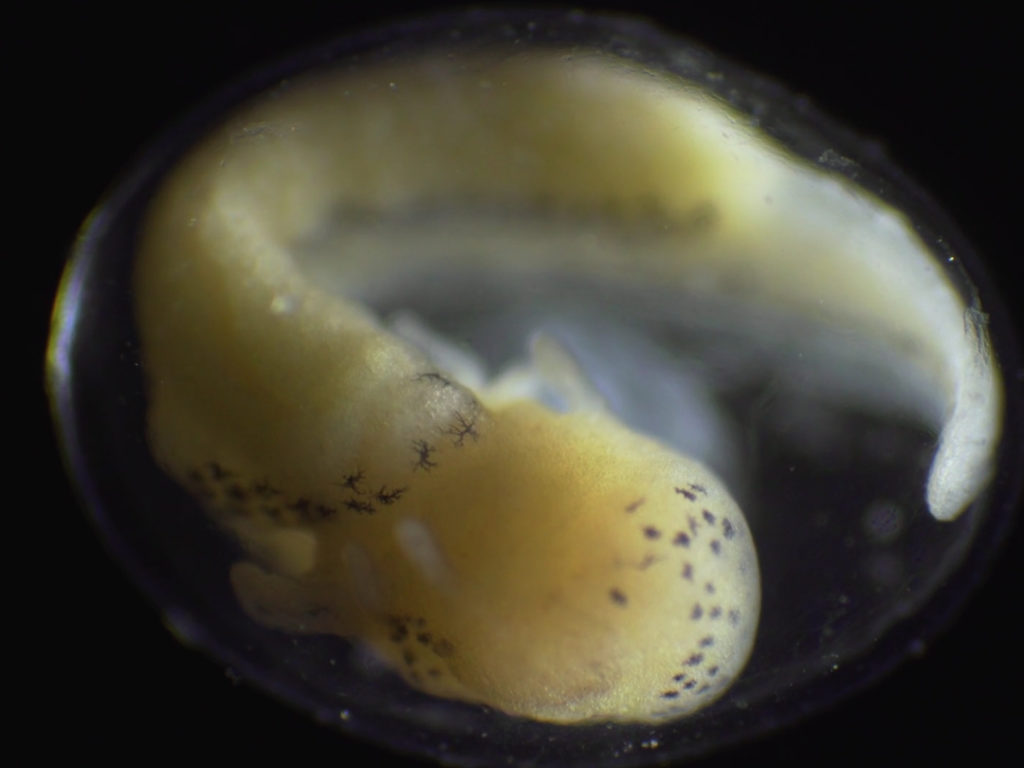
Watch a Single Cell Develop Into a Baby Animal in These Incredible Microscopic Pics Obsev
Diagram of a typical prokaryotic cell. A prokaryote (/ p r oʊ ˈ k ær i oʊ t,-ə t /, also spelled procaryote) is a single-cell organism whose cell lacks a nucleus and other membrane-bound organelles. The word prokaryote comes from the Ancient Greek πρό (pró) 'before' and κάρυον (káruon) 'nut, kernel'. In the two-empire system arising from the work of Édouard Chatton.

Giant Single Celled Organisms Found 6 Miles Deep in the Ocean
Only the single-celled organisms of the domains Bacteria and Archaea are classified as prokaryotes— pro means before and kary means nucleus. Animals, plants, fungi, and protists are all eukaryotes— eu means true—and are made up of eukaryotic cells. Often, though—as in the case of we humans—there are some prokaryotic friends hanging around.
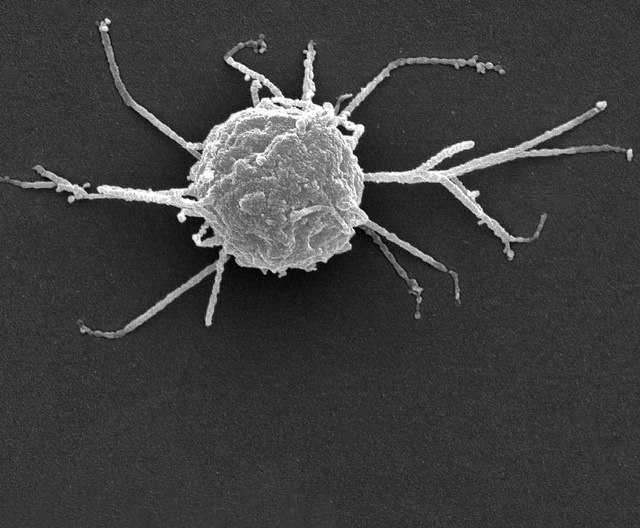
SingleCelled Ancestors of Animals Were Prepared for the Evolutionary Leap The Science Explorer
A unicellular organism is an organism that consists of a single cell. This means all life processes, such as reproduction, feeding, digestion, and excretion, occur in one cell. Amoebas, bacteria, and plankton are just some types of unicellular organisms. They are typically microscopic and cannot be seen with the naked eye.
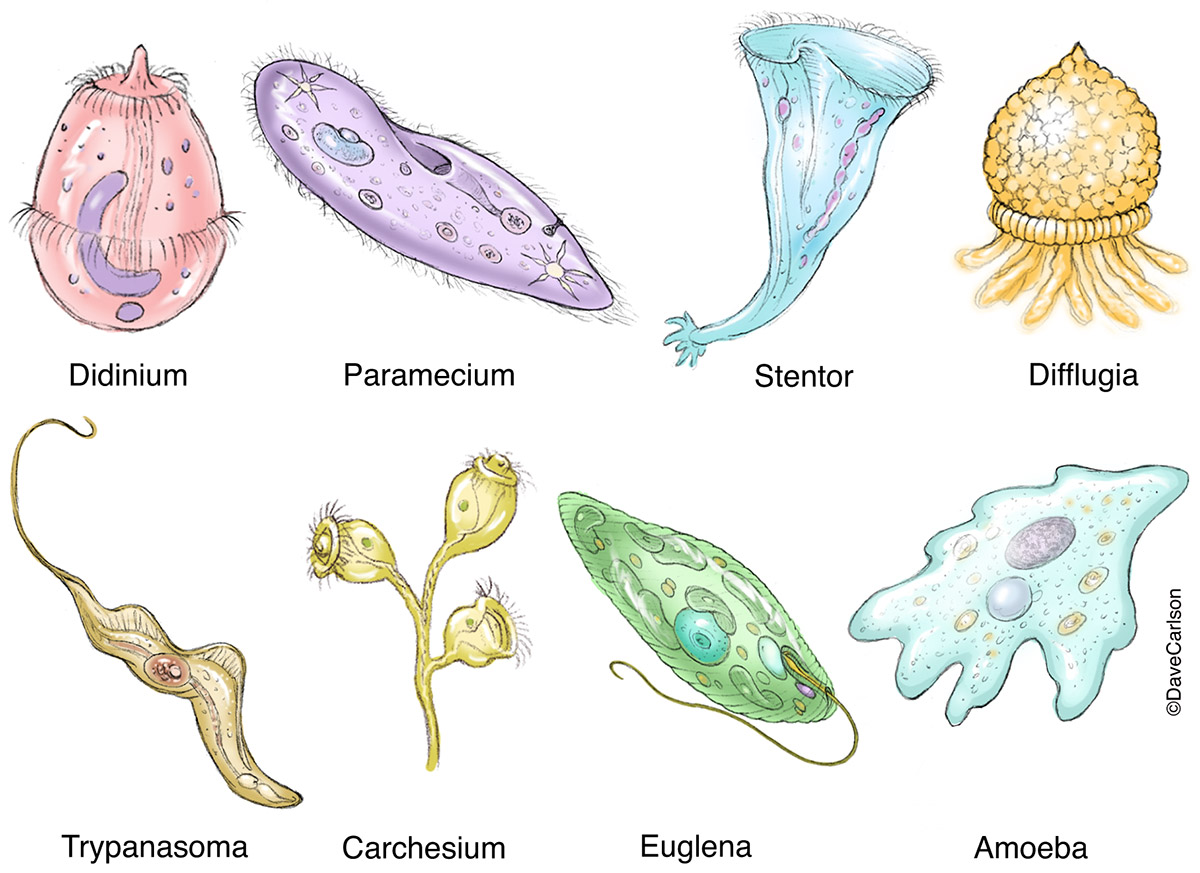
Protozoa Diversity Image Carlson Stock Art
A eukaryote is an organism with complex cells, or a single cell with a complex structures. In these cells the genetic material is organized into chromosomes in the cell nucleus. Animals, plants, algae and fungi are all eukaryotes. There are also eukaryotes amongst single-celled protists. Unlike unicellular archaea and bacteria, eukaryotes may.
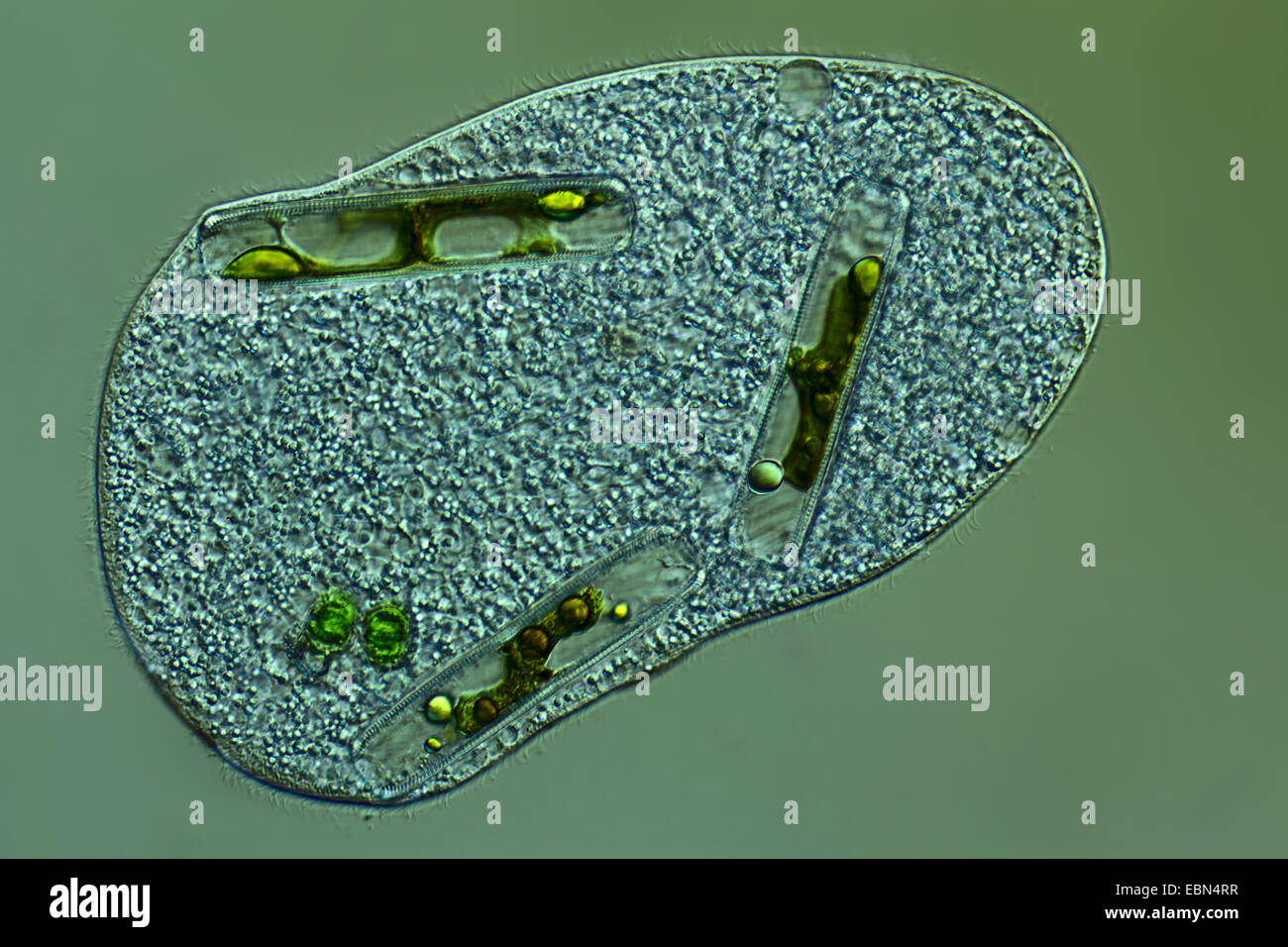
Single celled animal hires stock photography and images Alamy
Creationism called "absolutely horrible hypothesis"—statistically speaking. All life on Earth evolved from a single-celled organism that lived roughly 3.5 billion years ago, a new study seems to.

List of SingleCell Organisms Sciencing
Single-celled animal Today's crossword puzzle clue is a quick one: Single-celled animal. We will try to find the right answer to this particular crossword clue. Here are the possible solutions for "Single-celled animal" clue. It was last seen in British quick crossword. We have 2 possible answers in our database. Sponsored Links Possible answers: A
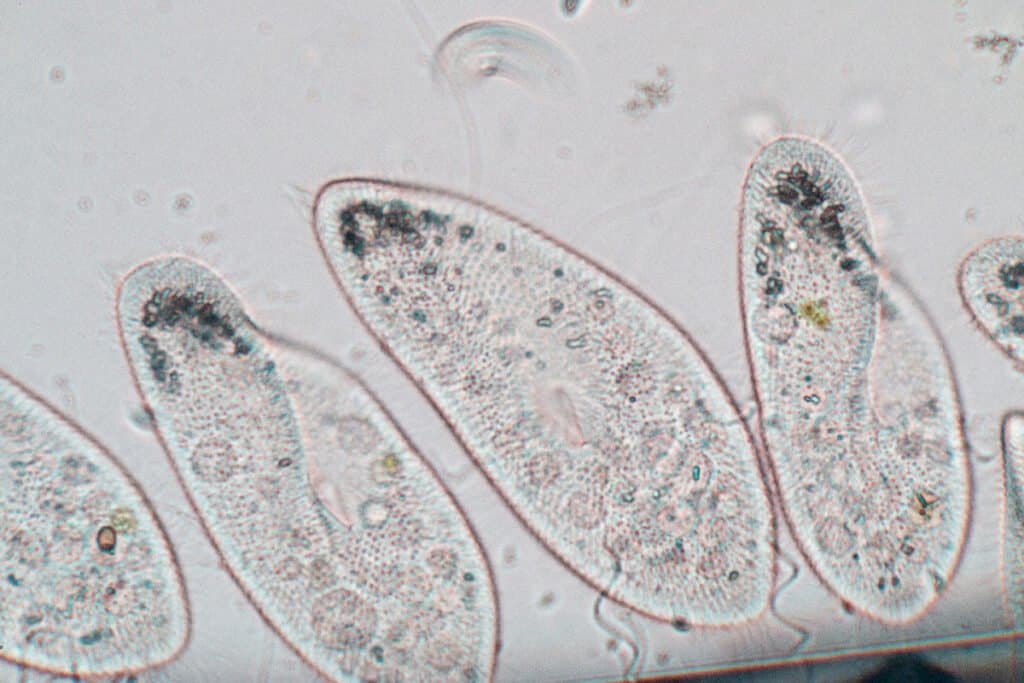
The Largest SingleCelled Organism in the World IMP WORLD
A unicellular organism is a living thing that is just one cell. There are different types of unicellular organism, including:. Chef Gennaro: Bacteria is a type of a single-celled microorganism.